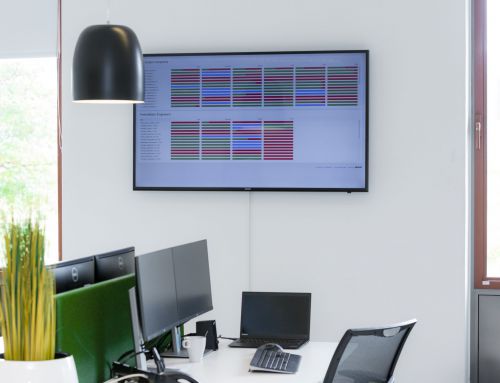It will happen to you, losing all your files and then finding out that you don't have a (good) backup. The importance of multiple and good backups is greatly underestimated. Why is one backup not a backup and how do you make good backups?
Why do you need multiple backups?
Having a backup is already very good, but it is not enough. In fact, sometimes that one backup goes wrong. For example, if the backup failed and then you cannot restore your data with it, perhaps because you had a failure. Or the medium is damaged or unavailable. Then your backup won't work.
Plenty of things can go wrong with your backup, which is why you need several. Also consider an online backup; very secure, but not quick to restore if you have a lot of data. An office backup is fast, but prone to fire or theft.
Follow the 3-2-1 principle: 3 versions of the data in 2 different locations, one of which is secure. By versions, we mean copies and different physical locations, such as an office plus the cloud, a data center or a vendor. Have good security in one location with measures in place against theft, failure or fire. With that, you are already on the right track.
What is important in a good backup?
- Get a quick recovery so you only have to live without your data for a short time. Make sure your downtime is an hour instead of a day. A continuity plan is a good help here. This states approximately how long it will take if things go wrong in different scenarios.
- Encrypt your backups. This means that you encrypt the files, preventing just anyone from accessing your data. The server can then decrypt your data because the location is considered secure. Make sure the backup program encrypts the data and sends it securely, if it is sent over the Internet.
- Don't just take your backups anywhere on tapes or HDDs. Keep them in a safe place and move them only if there is no other way.
- Be sure the remote storage is secure. This means that third parties do not have access except for the backup service itself and you. Security is paramount in backups!
- Not all dates are the same. The archive may well wait a day. Your business-critical applications (like an ATM for a bank or a patient registry for a doctor) won't. Factor this into your backup choices. The pain only comes when things go wrong. Good preparation is essential!
More questions about backups?
Next time we will cover a related topic, namely continuity. In the meantime, do you have any questions about backups? Is any part of this blog unclear or do you have other questions, comments or concerns? Just give us a call at 010-2121806 or email info@limenetworks.nl, and we'll see what we can do for you.







